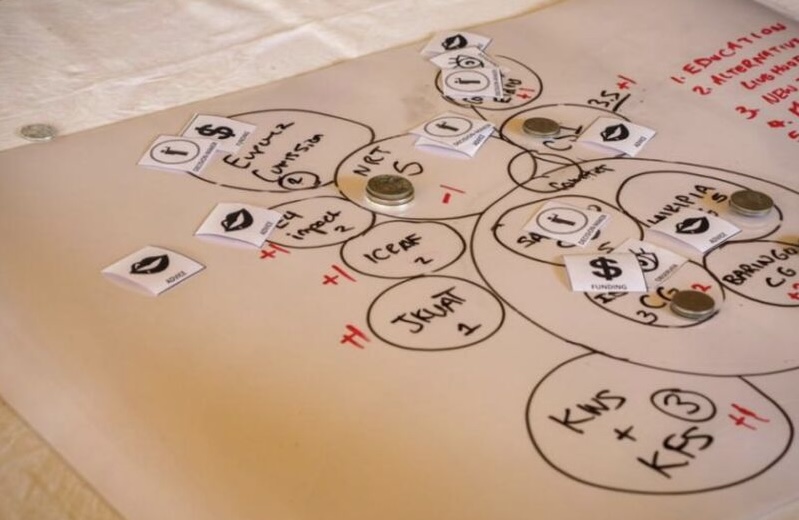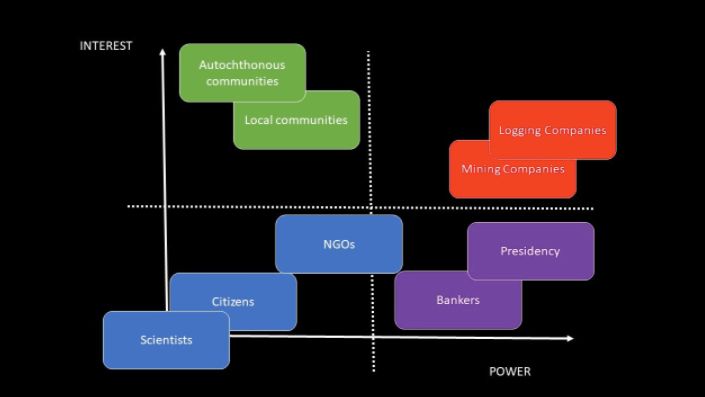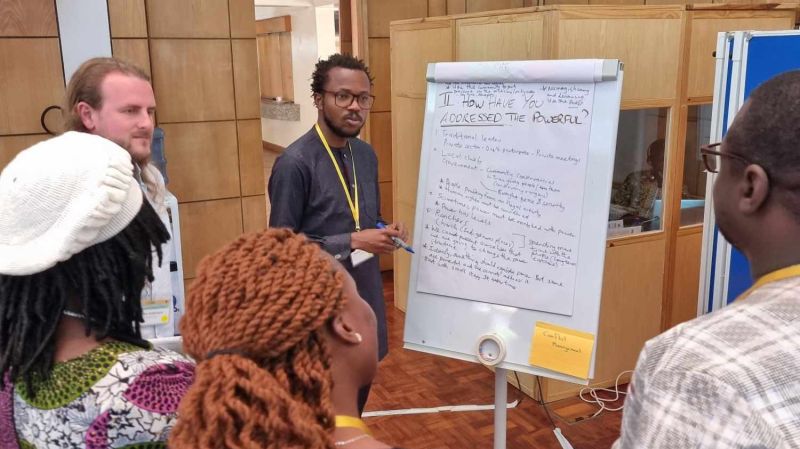
One of the sessions at our recent global summit looked at the the issue of power within Integrated Landscape Management. As we know, power dynamics between different groups, including genders, ethnicities, education levels, and professions, significantly impact land use. Here, I summarize the main points from this excellent session.
↔️ These interactions are instrumental in shaping the landscape we see.
⭕️ 𝐀𝐠𝐞𝐧𝐜𝐲⭕️ As landscape actors, we must recognize our own agency and decide whether to address inequality or remain passive observers.
The session explored three key strategies for empowerment.
1️⃣ Identify stakeholders and understand their sources of power, using tools like a power/influence matrix and net-mapping.
⚒ A power/influence matrix is a classic method to sort out actors in a system and associate them to dimensions of both power, interest, and attitude, helping to navigate the complexities of a social system. (Read the paper, Making Sense of Stakeholder Mapping here)
🛠 A method we have been using in across the Landscapes For Our Future program is Net-Mapping. A highly participatory exercise to understand levels of influence and visualize power between actors, helping to diagnose the political landscape. (Read more about Net-Mapping here)

2️⃣ Recognize power disparities and voicelessness.
3️⃣ Enable empowerment through tailored approaches and strategies, including training, safe spaces, alliances, resource access, and rights, such as legal or cultural rights, that have been historically denied (e.g., women’s land rights).
Empowering others means giving them a voice, enhancing visibility, and fostering innovation and diversity. It’s about intentionally creating safe spaces and using spatial leadership to amplify the voices of the marginalized.
❓ A critical question persists: How do we engage powerful actors in discussions about changing the status quo, especially those who may resist such change and stand to lose power?
📓 Read the article, “Power, politics and participation: Naming the non-technical in multi-stakeholder processes” here.
📝 Read the article, “Navigating power imbalances in landscape governance: a network and influence analysis in southern Zambia” here.




